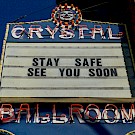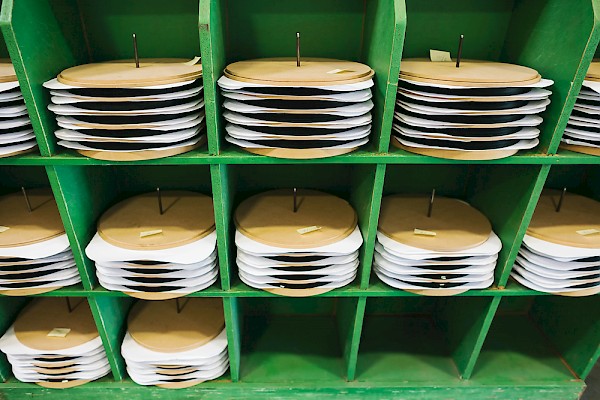 Fresh-pressed vinyl at Cascade Record Pressing—click to see more photos by Jason QuigleyHere’s how it works: Record labels find you. You don’t find them.
Fresh-pressed vinyl at Cascade Record Pressing—click to see more photos by Jason QuigleyHere’s how it works: Record labels find you. You don’t find them.
If you’re at a point in your musical career where you’re treating your artistry like a business and you need professional help and financial investment to grow that business, then you may need a record label. “We’re the risk-takers of the music industry,” explains Portia Sabin, president of Kill Rock Stars, a label with a 25-year legacy of releasing legendary Northwest records from the likes of Elliott Smith, Gossip and Sleater-Kinney.
What's a record label?
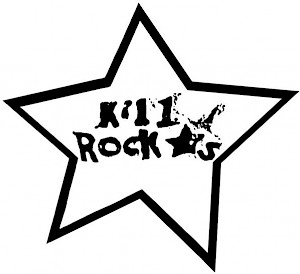 Kill Rock Stars was founded in 1991A record label is someone who has more experience than you—your label has a vision for your future path as an artist and a plan for how to get you there using its expertise in the business side of the music industry. “You want to achieve X? Let’s talk about how we do that,” Sabin says. “We have that plan. We have some years under our belt of actually releasing records and we know how to do it. Record labels can offer bands that knowledge.”
Kill Rock Stars was founded in 1991A record label is someone who has more experience than you—your label has a vision for your future path as an artist and a plan for how to get you there using its expertise in the business side of the music industry. “You want to achieve X? Let’s talk about how we do that,” Sabin says. “We have that plan. We have some years under our belt of actually releasing records and we know how to do it. Record labels can offer bands that knowledge.”
Labels not only understand how to properly release albums but also how to write bios, book tours, get press or radio airplay, build social media followings, plan photo and video shoots—or they have the connections to make these things happen. “Sure, you don’t need a record label,” Sabin says. “But you need somebody to do all these things.”
1. Labels Provide Resources
If you’re an artist, you should be focusing on your craft. That is where your time is best spent—not shipping records or garnering publicity.
 Tender Loving Empire has three retail boutiques and nine years under its belt“Labels try to take things off the artists’ plate so they can focus on the music because, ultimately, that’s what they’re best at,” explains Aaron Meola, the new head at Tender Loving Empire, a Portland retail boutique and label approaching a decade in action. “If they’re in the studio writing music and on tour, that’s how they’re going to be the most successful. Us being able to help out with all of the little things and connect the dots is a big part of our role.”
Tender Loving Empire has three retail boutiques and nine years under its belt“Labels try to take things off the artists’ plate so they can focus on the music because, ultimately, that’s what they’re best at,” explains Aaron Meola, the new head at Tender Loving Empire, a Portland retail boutique and label approaching a decade in action. “If they’re in the studio writing music and on tour, that’s how they’re going to be the most successful. Us being able to help out with all of the little things and connect the dots is a big part of our role.”
Labels have a business structure intended to grow artists—from distribution to booking agents to art and legal departments to marketing, social media and press teams. Labels work behind the scenes to enable artists to do their thing. And most importantly: “We’re a bank in a lot of ways,” Meola says. “Artists come to us for a loan.”
2. Labels Lend Credibility and Make Connections
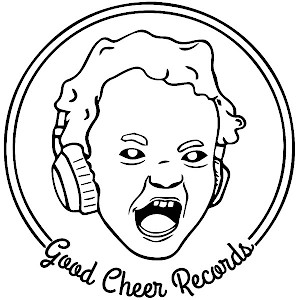 Founded in 2014 to release friends’ records, Good Cheer now fills a niche as a Northwest DIY scene label“We’re a gatekeeper of sorts,” says Good Cheer Records’ Blake Hickman, “but once you get through the gate, there’s like 20 other gates.” Established labels have reputations and clout in the industry. When they put their neck on the line and make a commitment to an artist, it shows others “that there’s a belief behind a record, that’s it’s going to do well,” Meola explains. “And that helps get other people motivated,” which can lead to press, album sales, tours and more exposure in general.
Founded in 2014 to release friends’ records, Good Cheer now fills a niche as a Northwest DIY scene label“We’re a gatekeeper of sorts,” says Good Cheer Records’ Blake Hickman, “but once you get through the gate, there’s like 20 other gates.” Established labels have reputations and clout in the industry. When they put their neck on the line and make a commitment to an artist, it shows others “that there’s a belief behind a record, that’s it’s going to do well,” Meola explains. “And that helps get other people motivated,” which can lead to press, album sales, tours and more exposure in general.
3. Labels Manage Expectations
Artists often assume that “they’re going to get signed to a record label and all of a sudden they’re going to start selling thousands of records,” explains John Shepski of 5-year-old Portland imprint Fluff & Gravy Records. Everything is not going to change all of a sudden—in fact, it takes time (up to six months) to release a record right. Access to resources and newfound credibility can open doors, but just remember that the label is not “some sort of door that if they can open it and pass through then they’re done working,” Sabin explains. “No, it’s the beginning of working.”
4. Labels Handle Day-to-Day Business
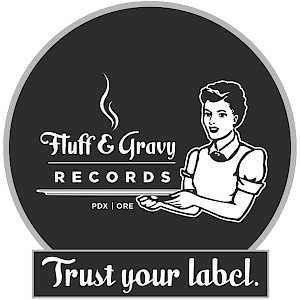 Going on five years, Fluff & Gravy also offers artists studio servicesMore exposure means more interviews, tour opps, and pressure to create new music and videos. Once you’re in the public eye, more will be demanded of you. But a label can deal with the myriad monotonous tasks—like setting up radio appearances, confirming bookings, updating websites, fulfilling mail orders. “If you don’t have someone at home in the office answering the phone while you’re on tour, then that piece just isn’t going to get done and the world doesn’t wait,” Sabin says. “Opportunities come and go so quickly. You gotta be there.”
Going on five years, Fluff & Gravy also offers artists studio servicesMore exposure means more interviews, tour opps, and pressure to create new music and videos. Once you’re in the public eye, more will be demanded of you. But a label can deal with the myriad monotonous tasks—like setting up radio appearances, confirming bookings, updating websites, fulfilling mail orders. “If you don’t have someone at home in the office answering the phone while you’re on tour, then that piece just isn’t going to get done and the world doesn’t wait,” Sabin says. “Opportunities come and go so quickly. You gotta be there.”
Everything a record label does is intended to grow your band and make you money. “At the end of the day, this is really a business,” Sabin sums up. Record labels aim to keep you busy doing your art while they handle the business minutiae.
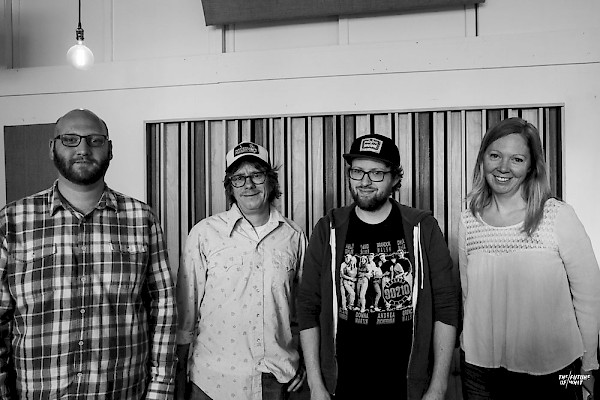 Record label round table: Aaron Meola of Tender Loving Empire, John Shepski of Fluff & Gravy Records, Blake Hickman of Good Cheer Records, and Portia Sabin of Kill Rock Stars and The Future of What—listen below to hear what these labels do for artists in 2016
Record label round table: Aaron Meola of Tender Loving Empire, John Shepski of Fluff & Gravy Records, Blake Hickman of Good Cheer Records, and Portia Sabin of Kill Rock Stars and The Future of What—listen below to hear what these labels do for artists in 2016
When are you ready for a label?
When it looks like “you’re going to do this by yourself,” Sabin says. If you are already driving yourself forward—playing shows, people are talking about you, you’re creating new fans—then “you’re going find that people [like labels, managers and booking agents] want to get on board,” she says. Once you’re at this point, a label might approach you—likely not the other way around.



